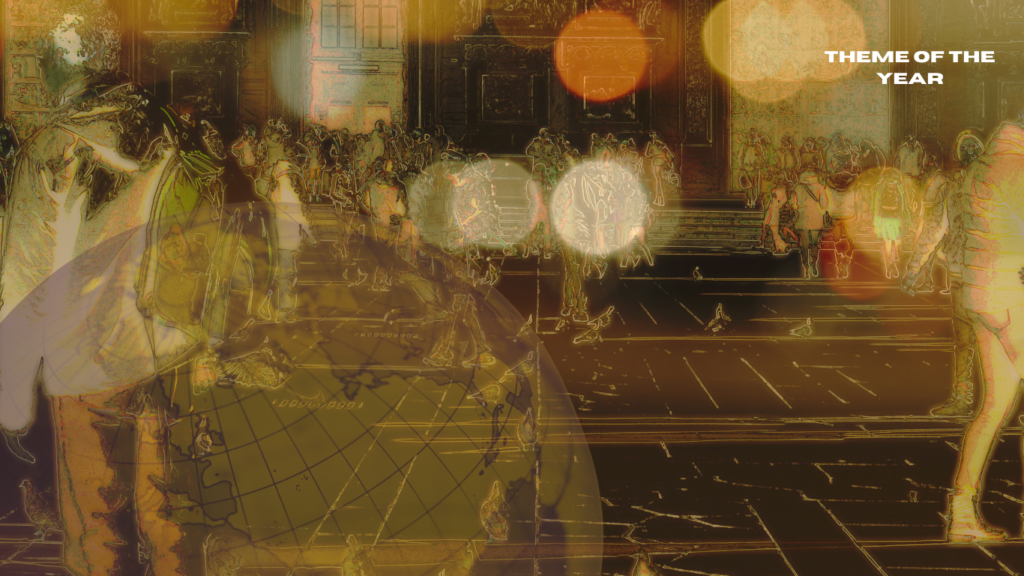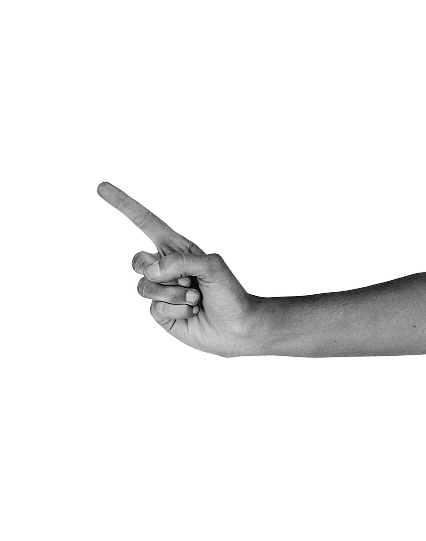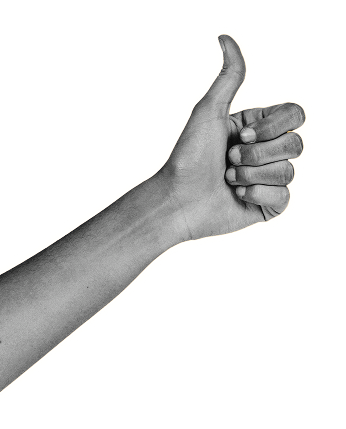
At Decolonial Thoughts, we’re not just analysing the world—we’re witnessing it, reckoning with it, and refusing to accept that this is the best we can do. The past year has been a brutal reminder of the world’s order—a system that thrives on exploitation, where certain lives are disposable, and where power dictates who is worthy of humanity.
We were told we lived in an era of progress. That things had improved. That diversity initiatives, international law, and human rights organisations were markers of a more just world. But the past few years have shattered that illusion.
It is stark. It is grotesque. And if you are paying attention, it is impossible to deny.
The world feels wrong—and the more we understand it, the harder it is to pretend otherwise. The resurgence of fascism, the violent suppression of resistance, the media’s complicity in manufacturing consent—none of this is accidental. It is a system functioning exactly as it was designed to: to protect power, to silence dissent, and to ensure that certain communities remain marginalised, displaced, and disposable.
For years, we have been encouraged to trust international institutions—the UN, the ICC, the IMF, the World Bank—as if they were neutral forces. But what has become painfully clear is that these institutions do not exist to serve justice. They exist to uphold the status quo. To legitimise the exploitation of the Global South. To maintain the political and economic dominance of the West.
So, Decolonial Thoughts was born out of a need for a space to challenge these narratives. To strip away the illusion of progress and force a confrontation with the truth.
A question we often get is: Isn’t this political? Don’t you have an opinion?
But maybe the better question is—are we actually challenging ourselves, or are we just reinforcing what we already believe? Are we engaging critically with different perspectives, or are we curating an echo chamber that reflects back only what feels comfortable?
It’s easy to surround ourselves with ideas that align with our worldview, but true decolonial thinking requires discomfort, questioning, and a willingness to confront contradictions—even within our own spaces. Are we truly open to challenging power, or just to reaffirming narratives that make sense to us? What does it mean to build something beyond critique?
The Big Question: Are We Just Recreating the Same System?
The world is shifting. Far-right nationalism is surging, Trump’s “America First” rhetoric is back, European states are doubling down on border policies that criminalise refugees fleeing wars they helped create.
In Africa, resistance is building—Niger and Chad reject Western military presence, yet their sovereignty is under constant threat. Rwanda’s influence is expanding in ways few are questioning. Latin America’s leftist movements face economic sabotage and destabilisation. In Asia, workers continue to resist authoritarianism, largely unseen.
Meanwhile, climate disasters intensify, corporations remain untouchable, and cases like Shell’s destruction of the Niger Delta fade into bureaucracy. The structures built under colonialism—extraction, displacement, resource theft—have not disappeared. They have evolved.
We all want to live good lives—security, opportunity, a world that actually works. But when we talk about our struggles—wage stagnation, rent crises, climate disasters—how often do we stop to ask whether we’re just trying to climb higher in a system built on collapse?
Are we escaping the bottom only to reinforce the structures that got us here? Are we thinking beyond legacy, beyond individual success—toward something that is truly sustainable, truly just?
It’s easy to feel like capitalism is inevitable. That there are no alternatives. But have we actually questioned the assumptions we hold about it? About what is possible? About what we deserve?
What Have We Got to Lose?
Decolonisation is not just about naming the problem—it is about constructing the alternative.
The world as we know it is crumbling. But crisis does not just bring destruction—it brings possibility. The systems we live under were built. They can be dismantled. They can be reimagined.
So the question is no longer just what is wrong with the world? We know the answer.
The question is: what do we do about it?
And more importantly, what futures are we willing to fight for?
Community.

